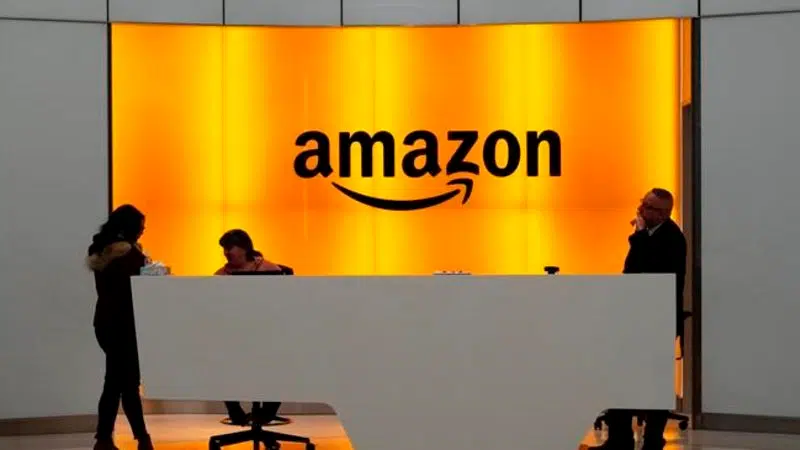
Amazon, wrestling with counterfeits, seeks to crack down
NEW YORK — The Carhartt hoodie that Laura Serghe bought two years ago looked phoney. And then, what was supposed to be an Eastpak backpack, arrived recently with messy stitching and a label inside that peeled off easily.
Both were bought from one place: Amazon, the world’s largest online retailer, whose rapid growth, particularly among third-party sellers, has led to a counterfeit problem.
“I’m not going to buy from Amazon anymore,” says Serghe, a freelance photographer in London who unwittingly bought what she believes were fakes. “I’ve had enough.”

